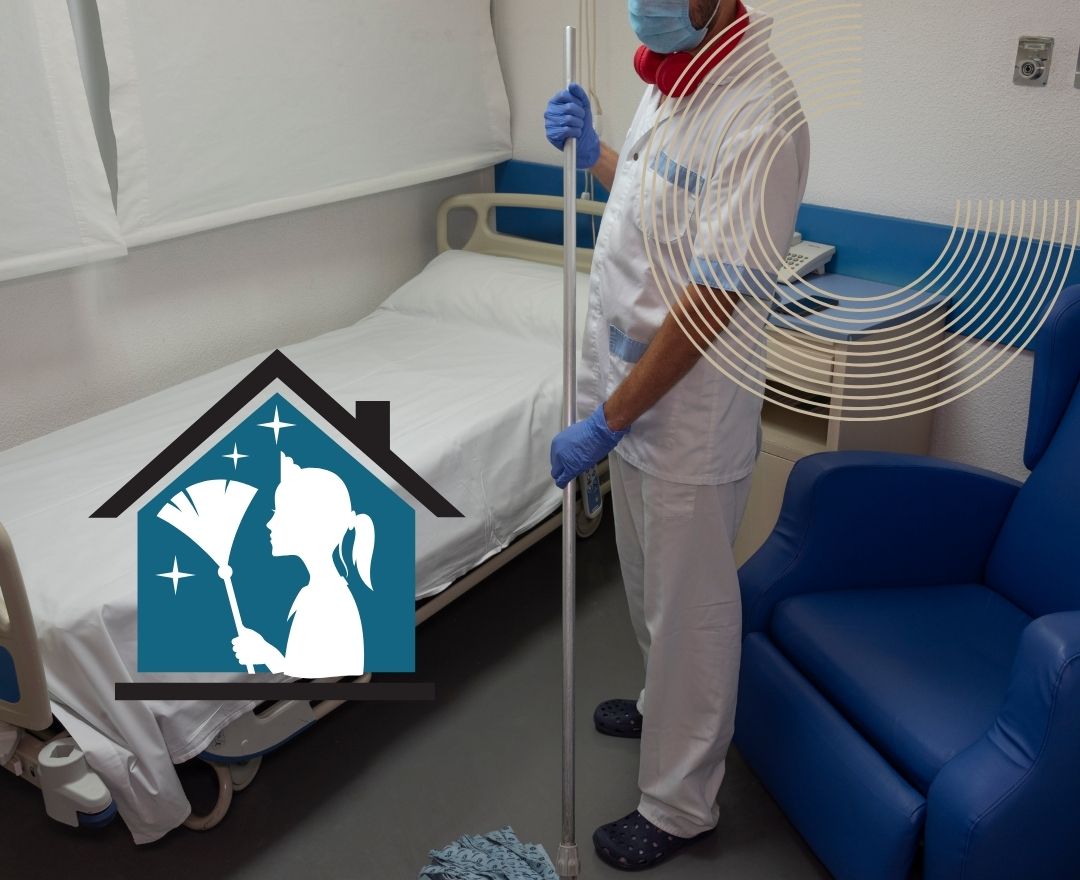
What is another name for a housekeeper in a hospital?
Posted by Amelia Annand @Medical Centre Cleaning Eudaemonia Press on 2023-10-21
In the bustling world of healthcare, there are individuals who play a vital role behind the scenes, ensuring that hospitals maintain the highest standards of cleanliness and hygiene. But have you ever wondered what these unsung heroes are commonly known as in the healthcare setting? Join us as we delve into the world of hospital housekeepers and explore their essential contributions to patient well-being.
In the intricate web of healthcare operations, one role often goes unnoticed but is pivotal to the well-being of patients and the smooth functioning of a hospital – the housekeeper. Often known by various titles, a hospital housekeeper is the unsung hero behind maintaining the cleanliness, order, and hygiene within medical facilities. While the term "housekeeper" is commonly used, you may also hear them referred to as environmental services workers, custodial staff, or healthcare cleaning professionals.
Housekeepers in hospitals are entrusted with a multifaceted range of responsibilities. Their duties extend far beyond just making beds and sweeping floors. They are essential in ensuring that patient rooms, surgical suites, waiting areas, and every nook and cranny in a hospital are maintained to the highest standards of cleanliness. This not only creates a pleasant environment but also plays a crucial role in preventing the spread of infections, a critical concern in healthcare settings.
The work of hospital housekeepers is characterized by attention to detail, adherence to strict cleaning protocols, and a deep commitment to patient safety. They use specialized cleaning agents and equipment to eliminate pathogens and maintain a sterile environment. Their work directly impacts the overall quality of healthcare, as a clean and well-maintained facility can lead to faster patient recovery and reduced risks of hospital-acquired infections.
Housekeepers in healthcare settings often work diligently, largely behind the scenes, but their contributions are indispensable to the successful operation of hospitals and the well-being of the patients they serve.
In conclusion, the role of a housekeeper in a hospital is indispensable, even if it goes by various titles such as environmental services worker, custodial staff, or healthcare cleaning professional. These individuals play a pivotal role in maintaining the cleanliness, hygiene, and overall safety of healthcare facilities. Their commitment to meticulous cleaning procedures and adherence to strict protocols significantly contributes to patient well-being and the reduction of hospital-acquired infections. While their work often happens behind the scenes, it is crucial to recognize and appreciate the invaluable contributions of these unsung heroes in the healthcare system.
Facts about Housekeepers in Hospitals:
- Housekeepers in hospitals are responsible for ensuring that patient rooms, surgical suites, and various hospital areas are maintained to the highest standards of cleanliness and hygiene.
- They are commonly known by several titles, including environmental services workers, custodial staff, or healthcare cleaning professionals.
- The work of hospital housekeepers is critical in preventing the spread of infections and promoting patient safety, contributing to faster recovery and reduced risks of hospital-acquired infections.
- These professionals use specialized cleaning agents and equipment to eliminate pathogens and maintain a sterile environment.
- While often working behind the scenes, the contributions of hospital housekeepers are essential to the successful operation of healthcare facilities.